Lecturers
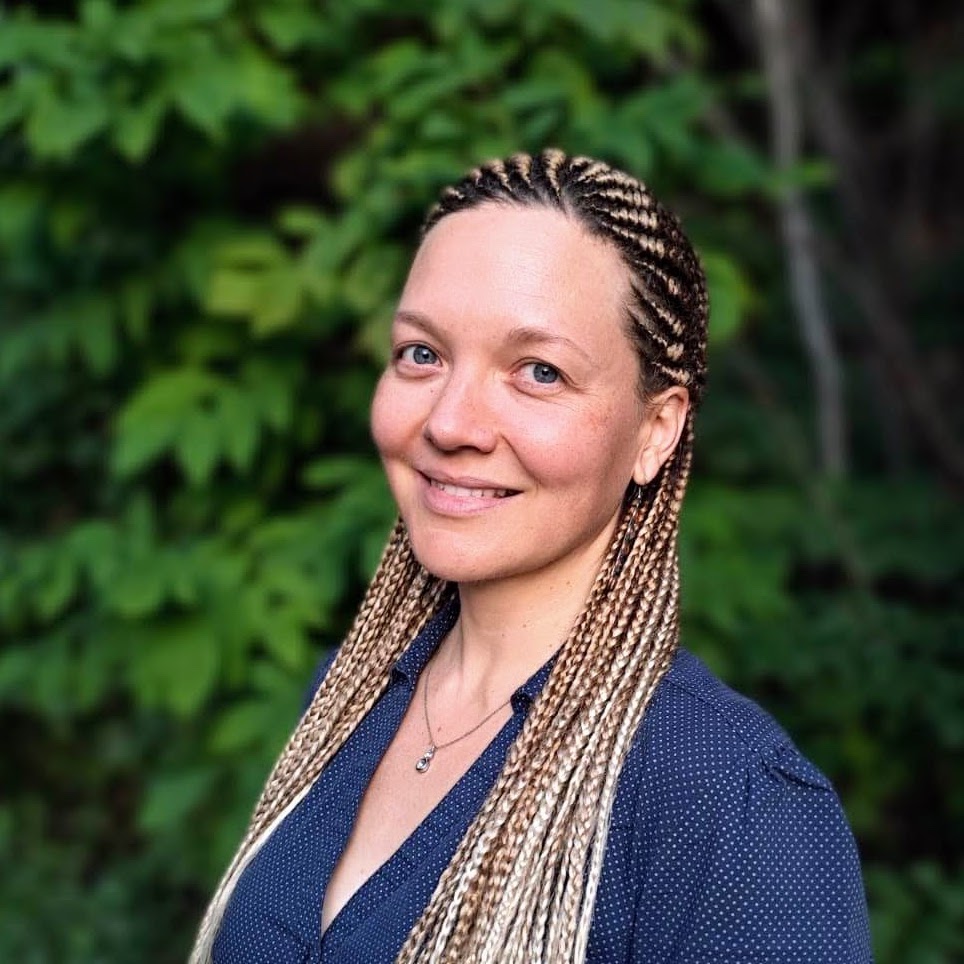
Dr Claire David is the Academic Director of the Master’s Stream AI for Science as well as a Resident Researcher in Machine Learning, at the African Institute for Mathematical Sciences (AIMS), South Africa.
She first obtained a Master’s of Engineering at the Institut National des Sciences Appliquées (INSA) in Toulouse, France, before switching gears with a PhD in Particle Physics at the University of Victoria in Canada. After a postdoctoral fellowship at DESY in Hamburg, Germany, Claire got a position as Assistant Professor at York University in Canada and was jointly appointed as Research Scientist at the Fermi National Accelerator Laboratory (FNAL). She co-founded the Canadian effort on the Deep Underground Neutrino Experiment (DUNE), which is a future detector to be hosted by the US laboratory Fermilab near Chicago, Illinois. Her main expertise is, however, in collider physics: she has 10+ years’ experience working for the ATLAS Experiment, which is one of the detectors of the Large Hadron Collider (LHC) at CERN, on both data analysis and detector upgrade. During the academic year 2022-2023, Claire took a leave and visited eight African countries – all AIMS centres – to teach Machine Learning and give seminars about her research.
Beside experimental particle physics, Claire’s interests range from ethics in AI, sustainability to education in Africa. If not at AIMS, she can be found outside doing endurance sports.

Dr. Edna Milgo is a seasoned ICT expert with over 10 years of experience in Artificial Intelligence (AI), Machine Learning (ML), and Data Science (DS) specializing in AI design, ML algorithms and Stochastic Optimisation techniques. She is currently the head of the Department of Computing and Informatics, at the Open University of Kenya.
Her background includes teaching AI courses, leading AI research projects, capacity building, keynote speaking and AI consultancy. Recent projects include development of a population scoring model for targeted decision-making, predictive models in medical research and a bayesian ML based adaptive learning algorithm among others. Dr. Edna holds a Ph.D. in Artificial Intelligence from Vrije Universiteit Brussel - Belgium and a M.Sc in Information Security from Columbus State University - USA. She has published extensively in refereed journals and presented at international conferences.

Dr. Kinyua Gikunda is an AI and data science expert with over 8 years of experience in developing machine learning and predictive analytics across climate, finance, health, and public policy domains.
He serves as Head of the Department of Information Technology at Dedan Kimathi University of Technology and has led grant-funded projects, including the UK-Kenya AI Challenge Fund and the GRAIN initiative on responsible AI. His expertise spans data engineering, cloud infrastructure, semantic modeling, and AI for sustainable development. Kinyua has implemented scalable AI systems for gender-inclusive policymaking, and precision agriculture. He has supervised several MSc and PhD students and played a key role in curriculum design. With a strong background in ICT project management under government programs, he bridges technical innovation with policy impact and capacity building for inclusive digital transformation.

Dr Charles Ndung’u Ndegwa is a postdoctoral researcher at Laboratoire Interdisciplinaire des Sciences du Numérique (LISN), CNRS, Université Paris-Saclay in France.
His research applies machine learning and data-driven approaches to complex data analysis problems in physics and high-energy experiments. He holds a Ph.D. in Physics from the University of Nairobi, where he taught machine learning and computational physics and supervised student research projects. His work combines expertise in physics, machine learning, and data science to address challenges in scientific data analysis and interdisciplinary research. At LISN, he collaborates with physicists and data scientists to advance data integration and modeling techniques for large-scale experiments. He has experience applying unsupervised learning methods, anomaly detection algorithms, and other data analysis workflows to multidisciplinary scientific datasets. His background bridges computational physics and AI-driven data analysis, with an emphasis on collaborative research across scientific domains.
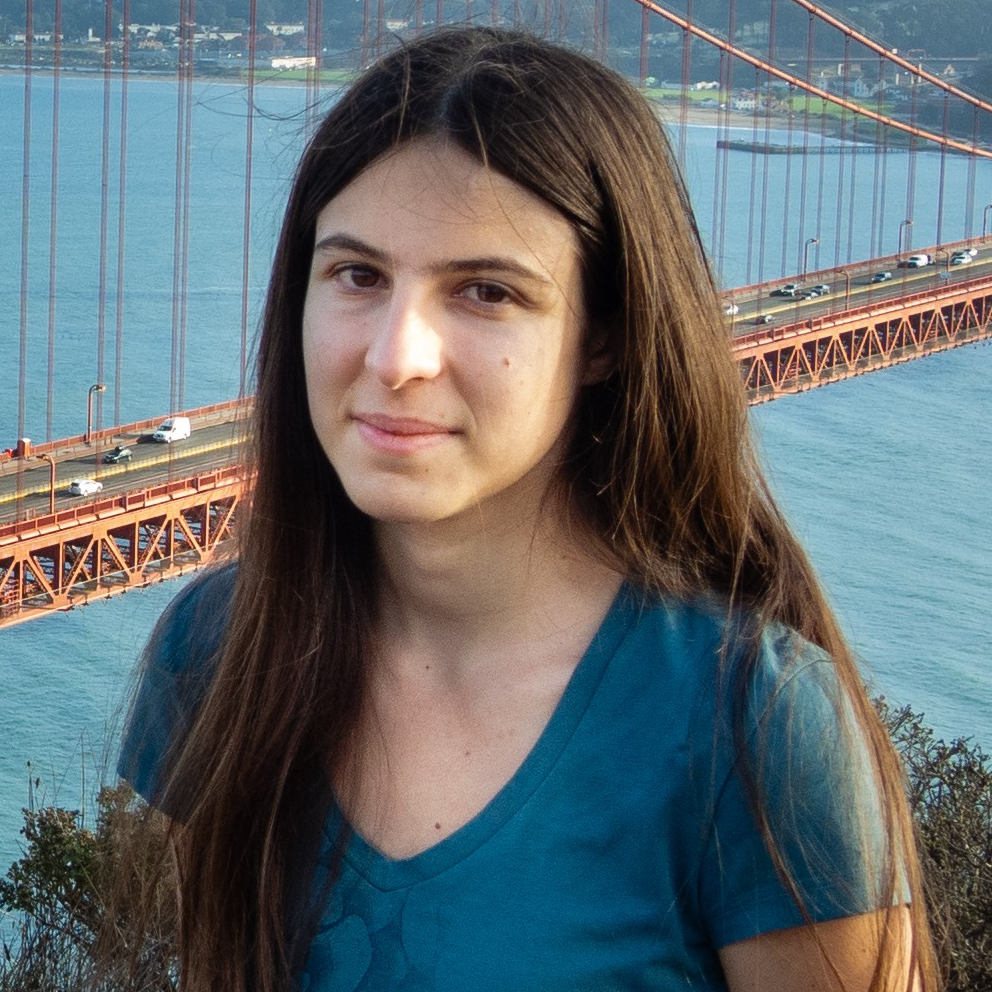
Dr Isabelle Rocamora is a postdoctoral researcher at the ISTerre laboratory (Institut des Sciences de la Terre) at Université Grenoble-Alpes in France.
Her research focuses on employing machine learning tools to support geomorphological analyses. Initially trained as a geoscientist, she investigated the potential applications of machine learning in geomorphology during her PhD in Earth Sciences at the University of Montpellier. Her work centered on developing deep learning models to automate landform mapping using satellite imagery, as well as integrating topographic data to extract relevant information.
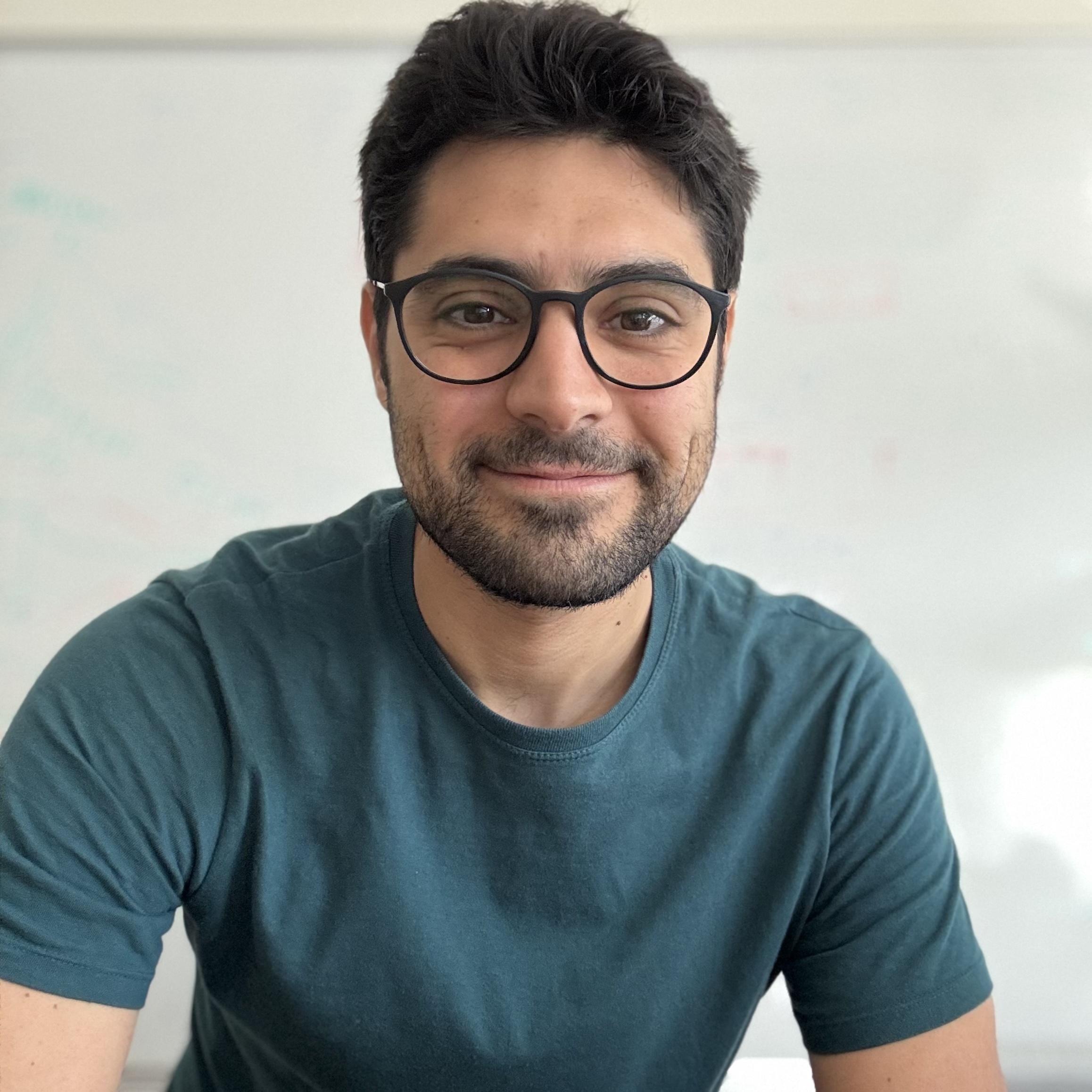
Dr Luca Cadamuro is a researcher at the Irène Joliot-Curie Laboratory (IJCLab) of CNRS in Orsay, France.
His research focuses on fundamental particle physics with the CMS and ATLAS experiments at CERN, where he studies the properties of the Higgs boson and develops the instrumentation to record collision data. His works includes the usage of AI applied to the large scale collider data set for the idenfification and classification of physics objects and for the separation of signal from background processes applied to the search for rare processes at the LHC.
Teaching Assistants

Jeremiah Thuku holds an MSc in Chemistry from Kenyatta University and is currently awaiting graduation. His work focuses on applying machine learning techniques to spectroscopic data processing and interpretation. He has hands-on experience in data-driven research and a growing interest in interdisciplinary AI applications. He has actively supported academic activities and peer learning, and is passionate about leveraging machine learning to advance scientific discovery.
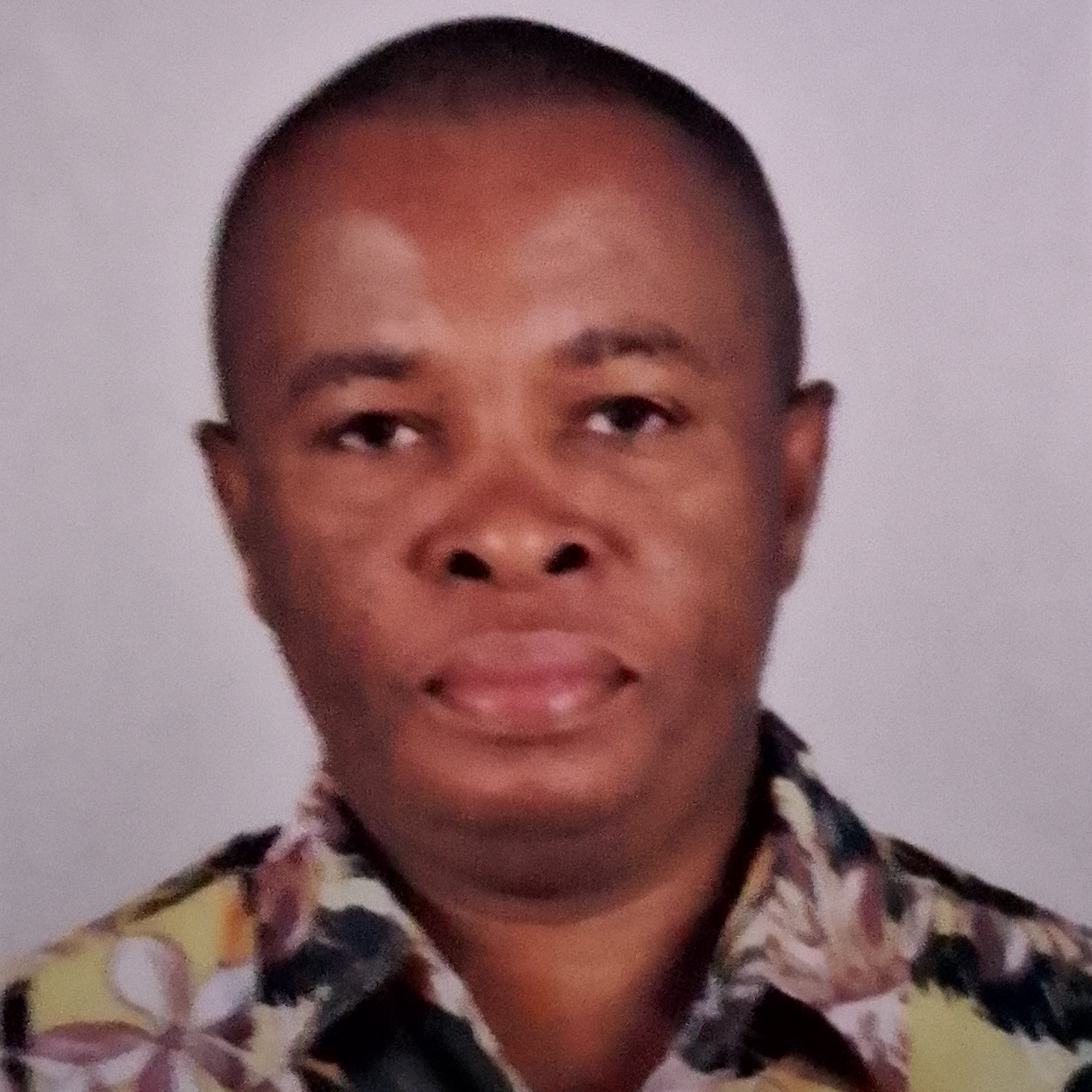
Dr Thomas Njoroge is an artificial intelligence and software engineering expert with a strong focus on intelligent systems and real-world applications of AI. He lectures in the Department of Computer Science at Karatina University and holds a PhD in Information Systems (awaiting graduation), specializing in Artificial Intelligence.
As a seasoned full-stack developer, Thomas has led the development of several AI-driven solutions. His latest projects include an AI-powered research assistant designed to simplify academic research through intelligent document synthesis, and AgriScan—a deep learning model trained to detect crop diseases using mobile imagery. He also developed an accompanying mobile app to help smallholder farmers diagnose plant health issues in real time, promoting precision agriculture and improving productivity in low-resource environments. Thomas has published scholarly work in machine learning and artificial intelligence and previously developed a Google-certified applications, showcasing his practical expertise in cloud-based systems and applied AI. His work bridges academic research and societal impact, with a focus on education, agriculture, and public service innovation.

David Gichohi Maina is an AI and Data Science enthusiast with a strong background in Computer Science, AI and Machine Learning. He is currently teaching in the Department of Computer Science at Dedan Kimathi University of Technology (DeKUT), from where he also earned both his MSc and BSc in Computer Science, graduating with First Class Honors.
As a recipient of the DeKUT Graduate Assistantship Scholarship, David supported tutorial, grading, and practical sessions to undergraduate students. He served as a Teaching Assistant in the KIEP-SKIES Rapid Skills Project (Cohort 2), guiding learners in hands-on AI and Data Science projects. He had been trained by Intel as a Lead Trainer under the AI for Future Workforce program. He has participated in conferences including Deep Learning Indaba and ICT4DA. His interests include ethical AI, policy consulting, and building socially impactful AI systems. He continues to bridge academic research and real-world applications in education, finance, healthcare, and public services.
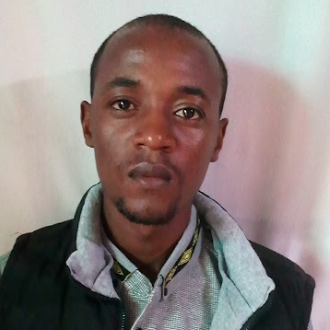
Samson Kinyanjui is a Graduate Teaching Assistant and MSc Computer Science candidate at Dedan Kimathi University of Technology.
Since October 2023, he has supported instruction in machine learning by leading lab sessions and guiding students through topics such as supervised learning, neural networks, model evaluation, and explainable artificial intelligence.
His current research focuses on his MSc thesis titled Detection and Classification of GI Pathological Findings in Endoscopic Images Using a Hybrid ResNet50 CNN Architecture. This study investigates the use of deep learning models to perform multi-class classification of gastrointestinal abnormalities in endoscopic images, with an emphasis on interpretability and clinical relevance. He presented the core findings of this work at the IST Africa 2025 Conference in May, and the full paper is scheduled for publication in July 2025. In addition to his thesis, Samson previously authored and presented the paper Financial Health Assessment for Households in Kenya at the IEEE ICT4DA 2024 Conference. This work applied clustering techniques to analyze household financial data across several Kenyan counties, offering insights into economic resilience and literacy patterns.
Demos

Omina James Adunya is a lecturer of Computer Science at Multimedia University of Kenya, faculty of Computing and IT. Currently, he is pursuing a PhD in Computer Science at the University of Nairobi, in the department of Computing and Informatics (DCI). His PhD Research title is on “An Intelligent Traffic Light Control Model based on Multi-Agent Deep Reinforcement Learning Algorithm”. He is the author of a research paper titled “Intelligent Traffic Light Control System using Fuzzy Logic Algorithm and published in the International Academic Journal of Information Systems and Technology. He has also authored a research paper titled: ”Evaluation of Multi-Agent Deep Reinforcement Learning Model with Fault Tolerance Attention Mechanism for Traffic Light Control System” published in the East African Journal of Information Technology. He was awarded a visiting student research scholarship by Volvo Research Educational Foundation (VREF) to University of California Berkeley, California, USA in 2019. He is a member of Kenya Transport Research Network (KTRN) and an Innovation fellow at the C4D LAB-Innovation Hub at UON, Chiromo Campus.
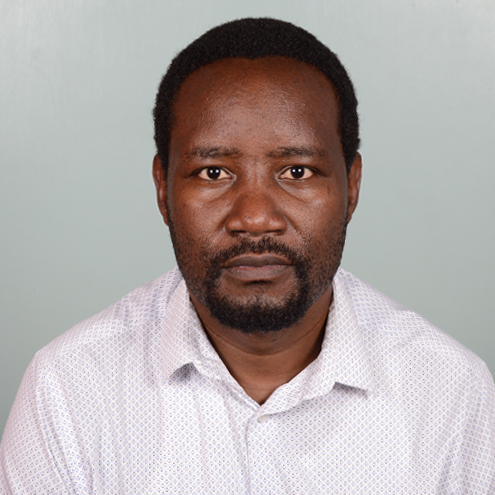
Dr Chrisgone Adede Otieno is a data scientist and researcher with nearly 20 years of experience in research, systems reengineering, project, team, and change management.
He has championed transformative ICT projects that have driven service delivery and streamlined operations in healthcare, ClimateXHealth, drought risk management, and financial credit access across East Africa. He has deep experience working with Data Science teams to integrate data use, AI, and machine learning into decision-making across diverse sectors. He currently serves as a Senior Research Data Scientist with Medic, where he explores data science and AI solutions through the open-source Community Health Toolkit (CHT), now deployed in more than 20 countries across Africa and Asia, including national-scale implementations in Kenya and Uganda. Chrisgone holds a PhD in Computer Science from the University of Nairobi.
